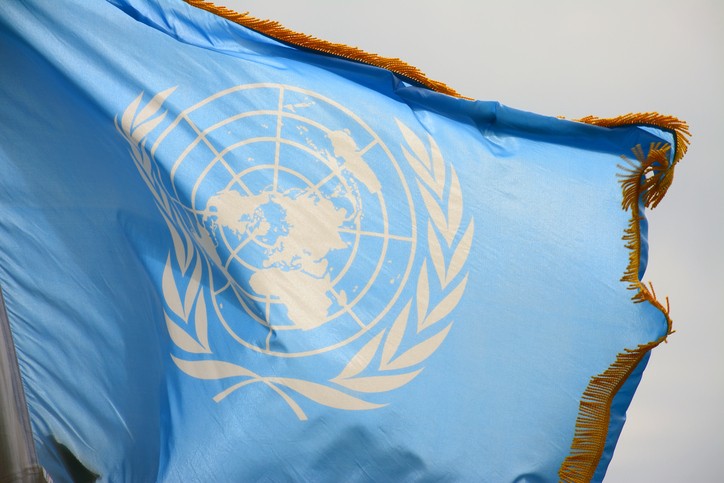Following is UN Secretary‑General António Guterres’ message for the International Day of Commemoration and Dignity of the Victims of the Crime of Genocide and of the Prevention of this Crime, to be observed on 9 December:
Throughout history and still today, genocide has inflicted profound and painful losses on all humanity. In 1948, with the unanimous adoption by the General Assembly of the Convention on the Prevention and Punishment of the Crime of Genocide, Member States recognized a common interest and duty to safeguard groups from threats to their very existence. Coming so soon after the Holocaust and the Second World War, the Convention embodied a collective determination to protect people from brutality and to prevent any future such horror.
Genocide does not happen by accident; it is deliberate, with warning signs and precursors. Often it is the culmination of years of exclusion, denial of human rights and other wrongs. Since genocide can take place in times of war and in times of peace, we must be ever-vigilant.
Despite the clear definition of genocide in the Convention, as well as our improved understanding of the risks, genocide has recurred, multiple times. We are still reacting rather than preventing, and acting only when it is often too late. We must do more to respond early and keep violence from escalating. This is the obligation of the State parties to the Convention, one and all.
Although the Convention foresaw the possibility of punishment, it is only in the past two decades that individual perpetrators have been held accountable in an international court of law. The sixty-ninth anniversary of the Genocide Convention coincides with the upcoming closure of the International Criminal Tribunal for the Former Yugoslavia (ICTY), the first international criminal tribunal with jurisdiction over genocide. The convictions and jurisprudence of the ICTY and the International Criminal Tribunal for Rwanda, as well as the ongoing work of the Extraordinary Chambers in the Courts of Cambodia and the International Criminal Court, reflect welcome resolve to punish this crime of all crimes.
As we commemorate the dignity of the victims of genocide, we should also commit to ensuring that affected communities are able to tell their stories, create a historical record of what happened and, in appropriate cases, receive reparations. We must also do more to shelter and protect those fleeing from armed conflict or persecution, and to speak out against hatred of all kinds.
I call upon all States to ratify the Genocide Convention by its seventieth anniversary in 2018 and, in so doing, help liberate humanity from this cruel and odious crime.

